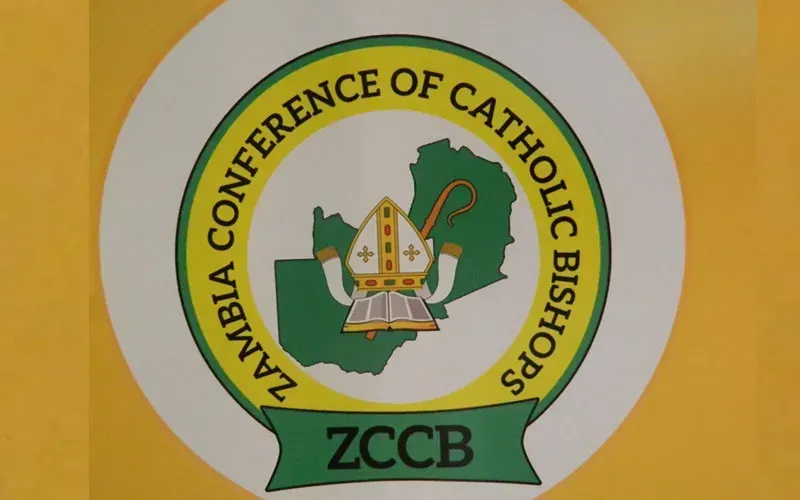Lusaka, 18 November, 2023 / 9:20 pm (ACI Africa).
Politicians who are opposed to the government in Zambia are being denied their freedom of expression, Catholic Bishops in the southern African country have said, and decried what they term as a shrinking democracy in the country.
In a statement shared with ACI Africa, members of the Zambia Conference of Catholic Bishops (ZCCB) express concern that the government is also violating the freedom of assembly of politicians in the who are not aligned with the government in the country.
“Human rights such as freedom of expression and freedom of assembly are arbitrarily being trampled on, especially against those considered to hold dissenting political views or persons belonging to opposition political parties,” the Bishops say.
Similar violation is also being meted against members of the press in Zambia, the Bishops lament, saying, “Intimidation of media houses by state institutions, based on the guests they invite, and the content discussed on their platforms curtails both media freedom and free speech.”
Trampling on the freedom of expression in Zambia, the members of ZCCB say, is sending an indirect message to media houses to stay away from discussing uncomfortable but very important topics of public interest and to shun or marginalize certain voices whose views may be deemed unfavorable to those in authority.








